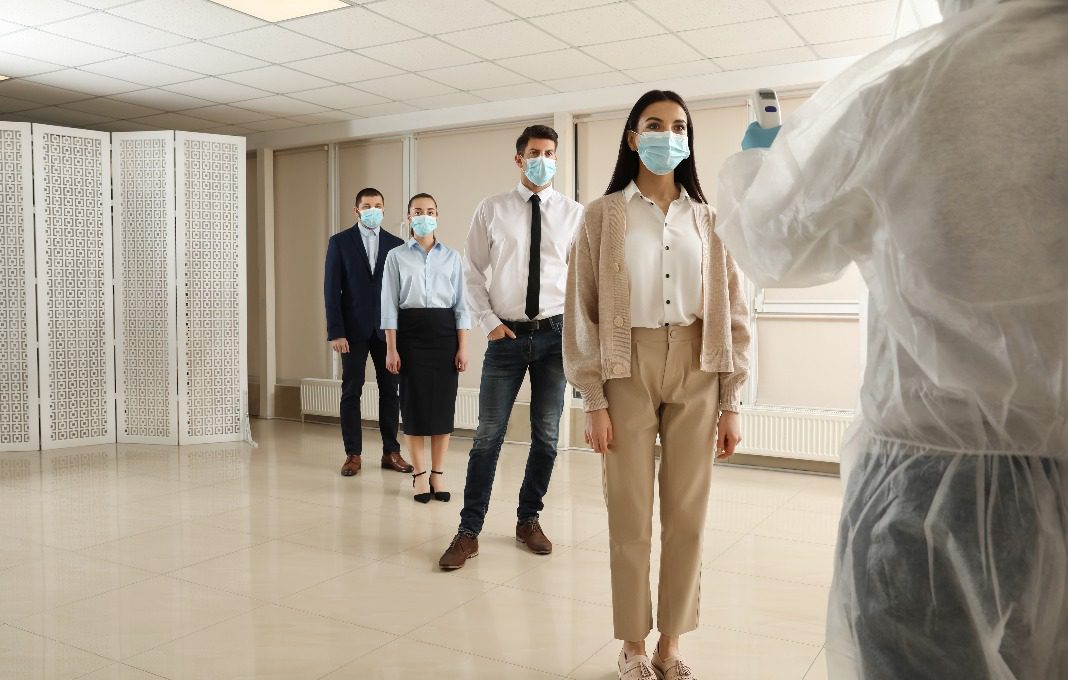While the rate of the vaccine rollout across the U.S. is encouraging, the concurrent testing decline nationwide should be sounding alarms. Why is this cause for concern? Because while about 50% of U.S. adults has received at least one dose of the vaccine, continued testing is the only way we can track and isolate potential outbreaks, as well as monitor for newer—and potentially deadlier—variants taking over this country. From a high of roughly 2 million tests daily in January to just about 75% of that in April, the numbers are particularly concerning as states loosen Covid-19 guidelines and the spread of new variants. Ever-present pandemic fatigue and the nation’s greater focus on vaccination efforts are all contributing to the lack of interest in testing. Furthermore, despite a recent surge, reported national cases, hospitalizations and deaths are still generally declining across the board – perpetuating a false sense of Covid security. Americans must realize that these different metrics are not mutually exclusive. Despite the numbers, we are still very much in a major health crisis. Now is not the time to let your guard down – testing remains critical to preventing another debilitating surge.
Testing generates critical data that informs governments’ and health organizations’ recommendations for the public. Government leaders rely on a baseline of tests to help them understand the current state of the virus spread within a community so they can craft and update social distancing policies (e.g., capacity limits, dining curfews) accordingly. Robust testing also helps the CDC detect mutations, but only if sufficient tests are conducted. As variants gain momentum across the country, the decline in testing is a cause for concern – especially as the U.S. Centers for Disease Control and Prevention officially add California-born B.1.427 and B.1.429 strains to its expanding list of “variants of concern.” Americans now face new forms of the virus that are 20 to 50% more transmissible and potentially more deadly than its predecessor. In fact, the CDC warns that the U.K. variant (B. 1. 1.7) will become the dominant coronavirus in the U.S. by next month. Testing, and the data that comes with it, is essential to stunting variants’ growth and to tracking the prevalence of new strains and its impact on vaccine effectiveness.
Testing also remains one of the best ways to differentiate between symptomatic and asymptomatic Covid-19 cases. In fact, according to a research letter CRL recently published in The Journal of the American Medical Association, there’s a chance that more than 15.9 million asymptomatic Covid-19 cases might have gone undetected between March and September 2020. Not only does this underscore why testing is so critical, but it also suggests that the Covid-19 pandemic is more widespread than the CDC originally predicted.
Across the nation, Americans continue to wait their turn for the vaccine eagerly. While the CDC’s most recent data reflect promising efforts, a large majority of the U.S. population remains unvaccinated as highly contagious variants take root across the country. Testing is the only formidable tool that can protect individuals from infection as they wait for their spot. If infected, individuals risk having to wait another nine weeks before becoming eligible for the vaccine again. Regular testing ensures adults can safely get their shot at their assigned time or, if infected, allow someone else to take their spot. No vaccine should go to waste.
With society plotting its path forward in a post-pandemic world, it creates another imperative for continued testing –for organizations developing a return-to-work strategy. Not everyone in the workforce can or will be vaccinated; it is a company’s responsibility to ensure the health and safety of all employees regardless of their vaccine status. Executives should offer onsite testing and/or arrangements with local testing facilities or online providers to make the process as easy and accessible as possible.
As a country, we cannot let our guard down. If half the population tested weekly and those who tested positive were isolated, it could significantly mitigate the virus’ spread. Yes, the vaccine is here and may feel within reach, but this isn’t the time to breathe that sigh of relief just yet. The match isn’t over; testing protects you – and all of those around you – as we enter the next round of the Covid fight.
